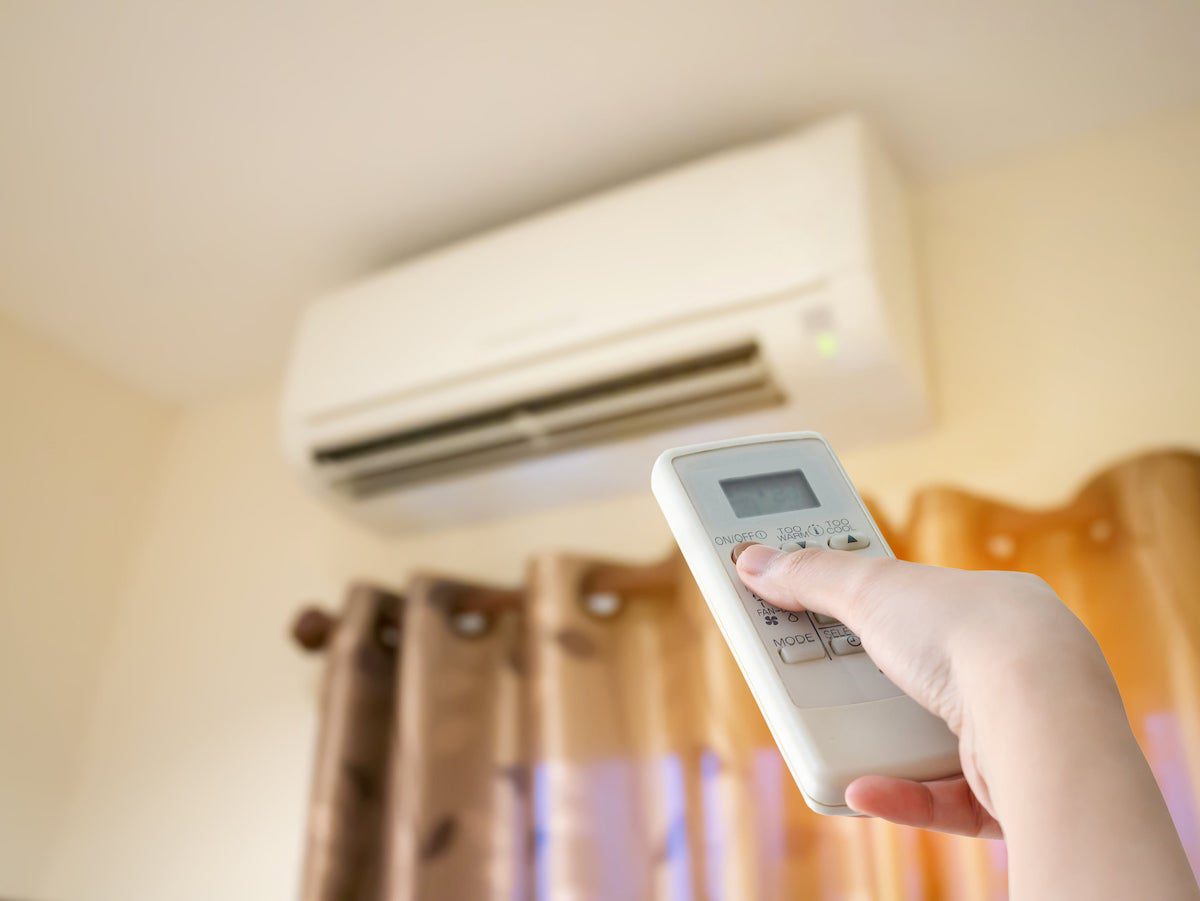Landlord and Tenant Laws on Air Conditioning

When summer begins, tenants need help staying cool until fall arrives. Properties may open community pools, but air conditioning is how most residents will stay consistently cool during the hot summer days. Landlord and tenant laws on air conditioning become essential to pay attention to during this time.
Read on to learn more about landlord and tenant laws on air conditioning so everyone has an enjoyable summer.
Landlords: must provide habitable living spaces
It's understood that landlords must provide a habitable living space to attract renters and have a successful business, but that's also the law. The implied warranty of habitability states that all rentable units must meet and maintain habitable standards, although there's no national outline for what those standards must look like.
Cooling down living spaces during the summer heat is the only way to prevent residents from overheating, so providing air conditioning is an implied standard.
Tenants: check the lease
Every tenant should receive a copy of their lease that clearly outlines their responsibilities within the unit. The contract may or may not include repairs to AC units. If landlords expect tenants to take care of this, it's only legally enforceable if included in the lease at the time of signing.
Landlords: save proper documentation
Landlord and tenant laws on air conditioning don't explicitly state this, but it's smart to save any documents and receipts related to AC unit maintenance. Some residents may take legal action over grievances related to broken HVAC units or delayed repairs. Keeping everything on file will provide a record to justify the property owner's actions in court if necessary.
The future is unpredictable, so landlords and business owners often keep both online and physical copies of important documentation. If something were to happen like a flood, fire or break-in, there would be a backup copy saved elsewhere. This may help a maintenance team review a needed instruction manual one day or provide essential proof in court.
Tenants: monitor indoor temperatures
Tenants are the only ones in control of monitoring how cold they keep their unit. There are no landlord and tenant laws on air conditioning that put temperature control in the hands of the property owner. Residents can reduce their monthly bill by maintaining the right indoor temperature, which may have to be a little warmer than desired in the summer.
Landlords: make exceptions for disabilities
Some tenants may have disabilities or medical conditions that always require an operating HVAC unit. In that case, air conditioning would count as a reasonable accommodation, which landlords are legally required to provide. Check state laws that may be applicable regarding a tenant's physical well-being and safety when they have a health condition.
Both landlords and tenants: look for local laws
The most crucial factor to keep in mind is that there are no national guidelines regarding landlord and tenant laws on air conditioning. States handle these laws differently, and ordinances can be enacted even on county levels. Research regarding the town, city or county a community resides in will further shed light on what both the tenant and landlord are responsible for when it comes to air conditioning.
The information contained in this article does not, and is not intended to, constitute legal or financial advice. Readers are encouraged to seek professional financial or legal advice as they may deem it necessary.
